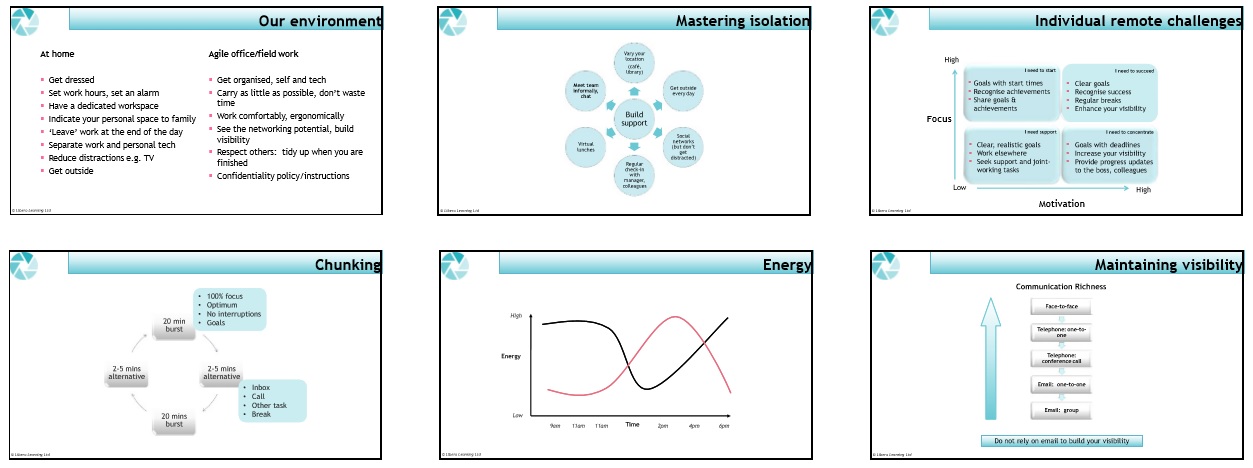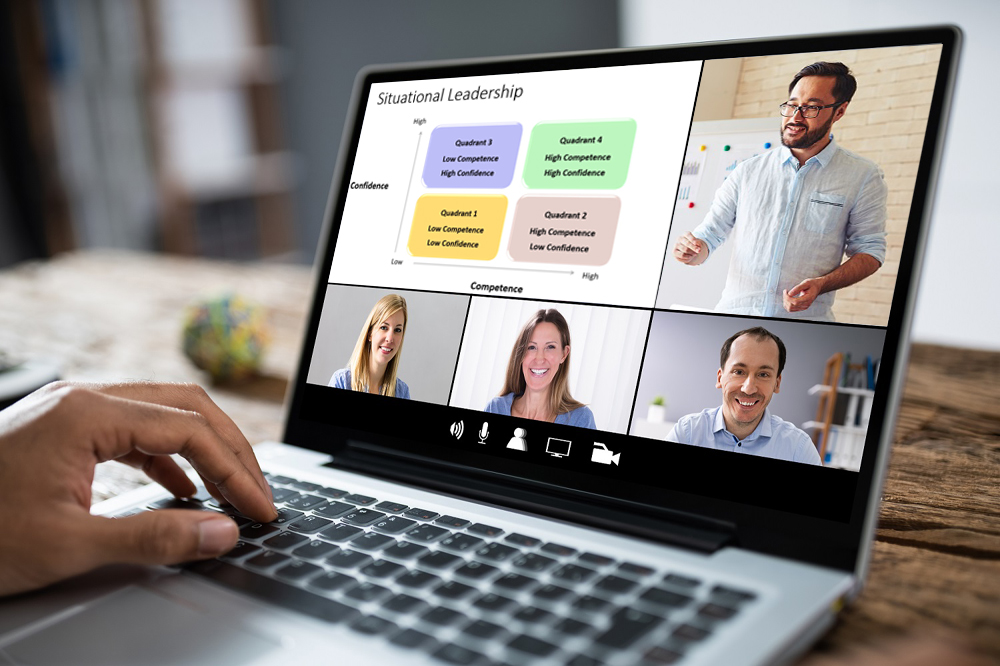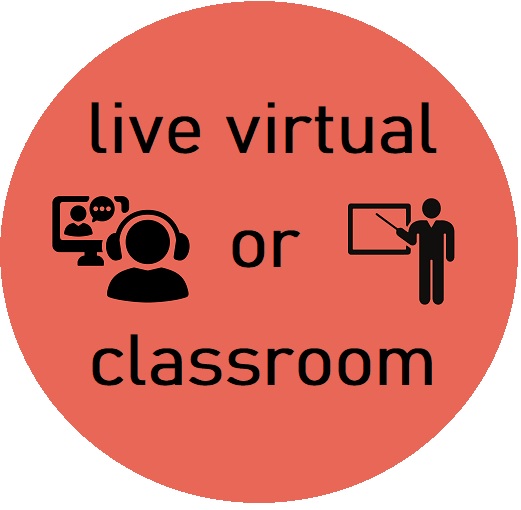Understanding Inclusion:
Benefits, biases and behaviours
Inclusiveness at work means ensuring people are treated fairly and given opportunities to contribute and progress based on merit, irrespective of their background or circumstances. Organisations and teams that are inclusive tap a wider talent pool when recruiting, have greater cognitive diversity – which means a wider range of ideas and perspectives to draw on in decision making – and are richer, more welcoming places to work.
Individuals can be excluded for many reasons. We all make assumptions about people based on personal characteristics such as ethnicity, gender or class that have little to do with their qualities as individuals and colleagues. But variations in access to technology and information, remote working, part-time hours and social cliques are among the many other factors that can exclude or disadvantage certain individuals and groups.
This practical, expert-led workshop focuses on building an understanding of the benefits of inclusion, the cognitive and cultural factors that shape biases, and the different ways circumstances can create exclusions at work. It provides a range of tools and strategies to help participants break down the barriers to inclusiveness within and beyond their teams.
What participants will learn
This intensive session is designed to have maximum practical impact in a short time. It provides tools and tips around topics including:
- What unconscious bias is and how it operates in both individuals and organisations
- How our brains and experiences create biases in how we think about different groups
- How individual circumstances can create exclusions around role, technology or access to information
- Working within the laws that underpins equality and diversity
- Why increasing inclusiveness is a valuable goal for both ethical and organisational reasons
- Exploring your personal ‘diversity’ and biases, and understanding how they impact on your behaviour, relationships and interactions
- Strategies for managing your own biases
- Understanding the importance of creating an environment of psychological safety
- Identifying and calling out micro aggressions
- How leaders can set the tone for inclusivity
- Action planning for promoting inclusion in your team
After the course every participant receives a PDF course handbook covering everything they’ve learnt on the course.

How is the training delivered?
This highly interactive programme can be delivered virtually or, if you are running two sessions on the same day, as traditional classroom training.
Virtual sessions last 90-120 minutes and classroom sessions 2-3 hours, depending on the backgrounds of those attending and any specific learning aims.
In either format, the training sessions are intensive, packed with tools and tips and engaging, equipping participants with the knowledge and skills to help support equality and diversity in their organisation.

If you have a group of staff who could benefit from the Understanding Inclusion course, we can deliver an in-company session at a time that suits you.
Participants can join a virtual session from the office or from home, or we can come to you to deliver the training in the classroom.
Fees depend on the number of participants and whether or not you would like the content adapted to address any specific issues relevant to your group.
Please contact us to find out more and to obtain a quote.
About us
Cambridge Exec is a boutique learning consultancy made up of a select team of specialists in workplace wellbeing, communications and people-oriented leadership and management. We deliver training and coaching, and conduct research and analysis that supports your people-centred workplace culture.
For over fifteen years we’ve been helping organisations ranging from small startups to international brands to build their people’s capacities, enhance wellbeing and boost engagement and productivity at work.


